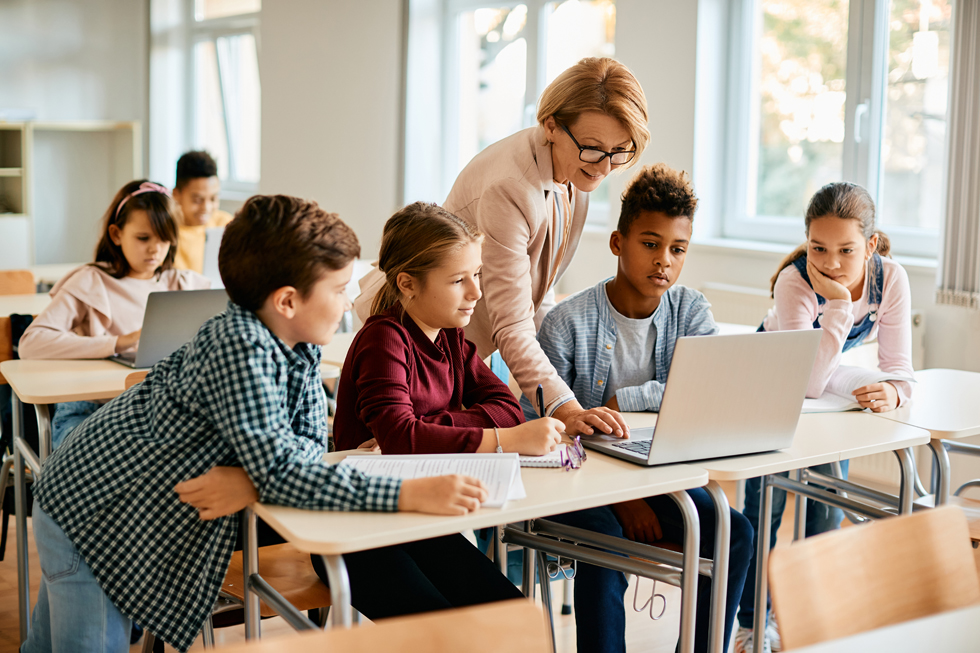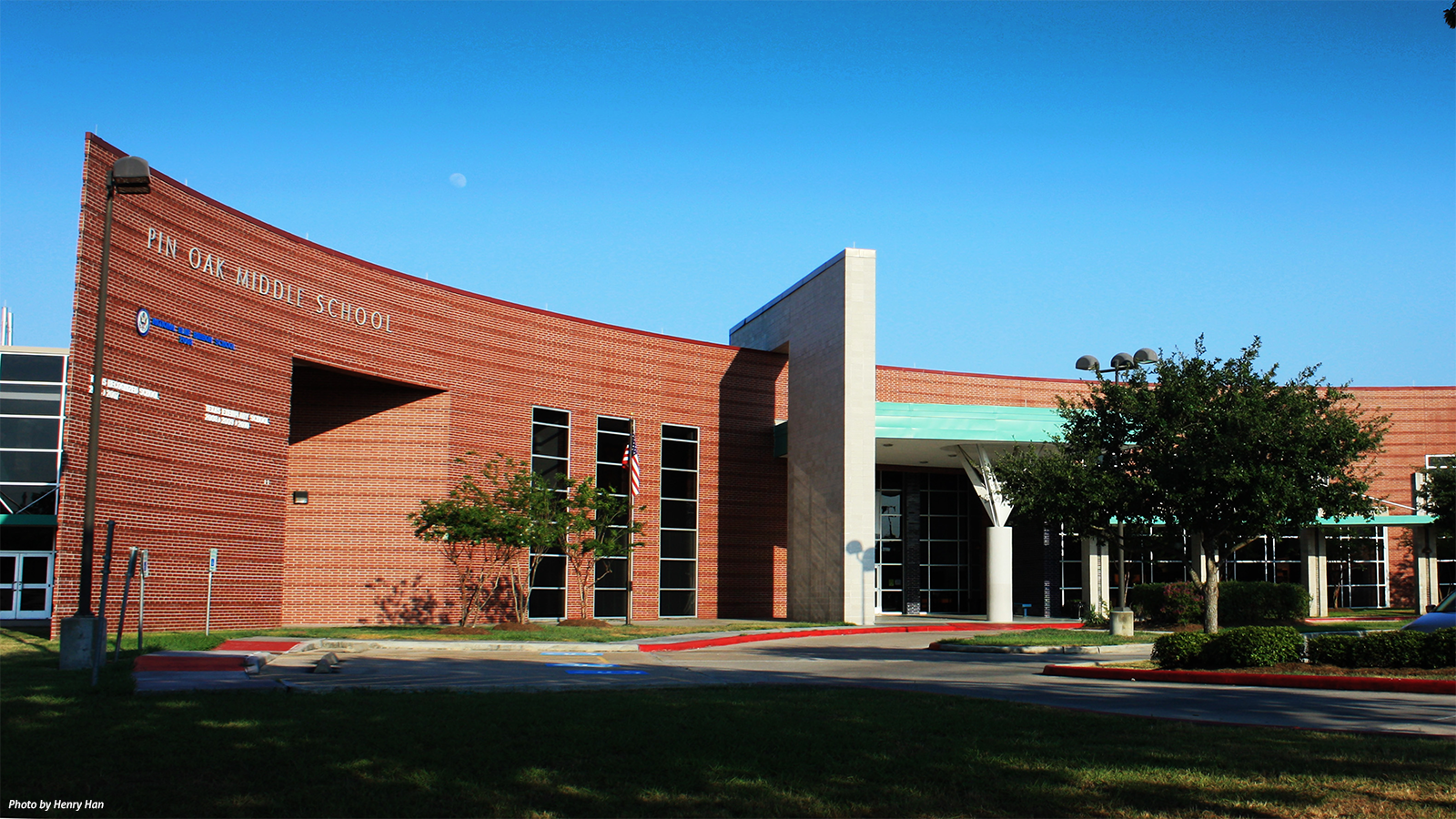How Schools Play an Important Duty in Shaping Future Leaders and Innovators
Schools contribute in shaping future leaders and pioneers with the farming of crucial thinking, creativity, and collaboration. By integrating project-based learning and interdisciplinary studies, universities challenge pupils to analyze and manufacture complex details. Educators function as mentors, directing trainees and nurturing their capacity, while extracurricular activities better develop management abilities and durability. This vibrant environment not only focuses on specific toughness but likewise stresses the significance of synergy, crucial for browsing tomorrow's obstacles. Exactly how exactly do these elements interplay to develop a durable foundation for future success?
Fostering Important Believing
In today's swiftly advancing globe, promoting crucial assuming within schools has actually come to be extremely important. As culture grapples with increasingly complex global challenges, the capability to evaluate, assess, and manufacture information is necessary. Colleges play a crucial function in developing these abilities, preparing trainees to browse and address multifaceted troubles with notified, reasoned decisions.
To grow crucial reasoning, instructors employ various pedagogical approaches that encourage active discovering and intellectual interaction. Class discussions, problem-based knowing, and Socratic examining contribute in advertising logical and reflective thought processes. By testing students to question presumptions and take into consideration multiple perspectives, these techniques ensure a deeper understanding of subject beyond rote memorization.
Furthermore, incorporating critical assuming across the curriculum enhances its importance and applicability in diverse contexts. Topics such as mathematics, scientific research, background, and literature each deal special chances to create pupils' crucial faculties. Assessing historic events calls for understanding and reviewing resources context, while clinical query needs strenuous theory screening and evidence-based reasoning.
Inevitably, instilling crucial assuming abilities in pupils equips them with the cognitive devices needed for lifelong understanding and flexibility. It is through this foundational skills that future leaders will have the ability to innovate, address problems, and add meaningfully to culture.
Urging Creativity
Welcoming imagination within instructional frameworks galvanizes pupils to believe past conventional boundaries and check out innovative solutions. By incorporating imaginative undertakings and innovative reasoning workouts right into the curriculum, institutions grow an atmosphere where creativity and imaginative thought are valued. This strategy not just enriches the academic experience yet also gears up students with the ability to take on real-world challenges in novel methods.
Educational establishments can foster creativity through varied means such as project-based learning, interdisciplinary researches, and the consolidation of arts and technology. Project-based understanding, as an example, motivates trainees to apply their knowledge in practical, usually collaborative, projects that require inventive analytical abilities. Interdisciplinary researches allow pupils to draw links between different subjects, thereby widening their point of views and enhancing their creative abilities.
Furthermore, giving pupils with possibilities to engage with arising innovations, such as coding and electronic layout, better supports their imaginative possibility. These tasks prompt students to experiment, fail, and repeat, which are crucial parts of the creative process (Save Temecula Schools). By keeping a helpful setting where trial and error is encouraged, schools can guarantee that students develop the confidence to seek innovative concepts
Essentially, supporting creativity in educational settings is crucial for shaping future leaders and innovators with the ability of resolving complex international problems with ingenuity.
Promoting Collaboration

Applying group-based learning components and cooperative projects enables students to experience the characteristics of team effort firsthand. This not only prepares them for the collaborative nature of modern offices however likewise supports leadership top qualities as they usually need to take on functions such as task managers or group coordinators. In addition, collaboration in the classroom can damage down social barriers and promote inclusivity, making sure that each pupil really feels valued and heard.
Additionally, incorporating modern technology can further support collaborative initiatives. Tools like common interactive platforms and digital work areas make it possible for students to function with each other successfully, even outside the classroom. As pupils establish these collective abilities, they are much better furnished to deal with complicated obstacles and introduce, preparing for their future functions as pioneers and leaders.
Duty of Teachers as Coaches

Mentorship involves tailored focus, where instructors recognize and nurture specific strengths and address weaknesses. Save Temecula Schools. Via individually communications, instructors can tailor their advice and support to fulfill each trainee's one-of-a-kind requirements, promoting a sense of self-confidence and resilience. This customized strategy grows a development attitude, motivating students to see failings as chances for learning and development
Furthermore, educators work as good example, showing the values of honesty, determination, and compassion. Their actions and attitudes give a blueprint for students to emulate, instilling a feeling of moral duty and social understanding. By developing a inclusive and supportive class atmosphere, instructors enable pupils to develop interpersonal abilities that are important for efficient management.
In significance, the mentorship provided by educators lays a foundational framework for the growth of future leaders, equipping them with the understanding, abilities, and worths required to succeed in an ever-evolving world.
Effect of Extracurricular Tasks
When incorporated successfully right into the educational structure, extracurricular tasks dramatically improve visit this website student advancement and leadership potential. These tasks offer students with possibilities to explore passions beyond the standard educational program, cultivating a versatile ability collection.
Furthermore, extracurricular participation motivates creative thinking and advancement. Trainees participated in music, dramatization, or discussion clubs learn to think critically and strategy issues from diverse perspectives. These experiences instill confidence, making it possible for pupils to voice their concepts and take initiative in different setups. By working together with peers from various histories, students additionally create empathy and interaction skills, important qualities for future leaders.
Extracurricular tasks also play a critical function in academic performance. Study suggests that pupils included in such programs often tend to have greater qualities and far better attendance records. These tasks offer a healthy electrical outlet for stress, adding to total well-being. Hence, schools that prioritize a balanced technique to education and learning, integrating robust extracurricular programs, are much more most likely to produce pioneers and leaders equipped to fulfill the difficulties of the future.

Verdict
Finally, colleges substantially form future leaders and trendsetters by supporting crucial thinking, imagination, and cooperation amongst pupils. Involving instructional methods such as project-based understanding and interdisciplinary research studies play a crucial function in this development. Educators, functioning as coaches, give crucial guidance and support, while extracurricular tasks even more improve management prospective and resilience. By cultivating an encouraging setting that values specific strengths and teamwork, schools outfit trainees with the needed skills to browse future obstacles and drive development.
As students develop these collective abilities, they are better equipped to deal with complex difficulties and innovate, laying the groundwork for their future functions as leaders and trendsetters.
By fostering crucial reasoning and problem-solving skills, teachers aid trainees browse complicated challenges, preparing them for leadership duties in numerous fields.
By collaborating with peers from review various histories, pupils likewise develop compassion and communication skills, vital traits for future leaders.
In verdict, schools considerably form future leaders and trendsetters by nurturing critical thinking, creative thinking, and cooperation among students. By cultivating a supportive setting that values private staminas and synergy, institutions official statement equip trainees with the essential skills to browse future difficulties and drive advancement.